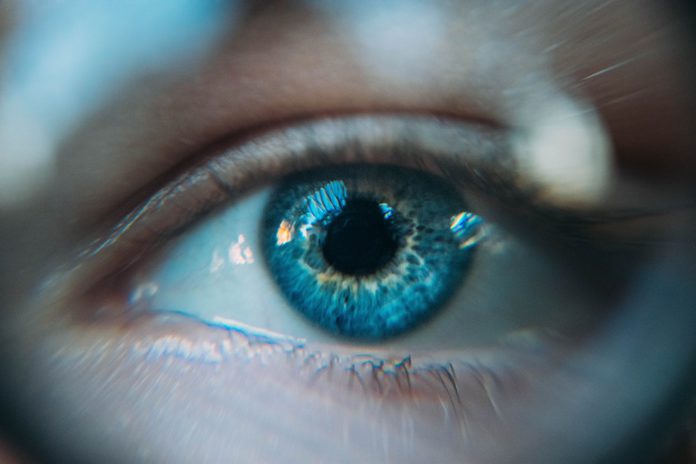As sure as the rising and setting of the sun, the harmattan season is an inescapable period in West Africa.
The north easterly trade winds which characterise the harmattan season are dry, dusty, cold or hot depending on local conditions and with very low humidity.
These environmental conditions directly impact our health, especially our eyes due to their rich supply of nerves coupled with their direct exposure to these harsh conditions.
How do we know that our eyes are being affected?
Dry eyes is one of the foremost experiences we have during the harmattan season. The eyes usually have a layer of tears over it that ensures comfort and protection. The dry winds, increased sun intensity and low humidity causes the tears in front of the eyes to dry quicker. This dryness commonly leads to gritty (feeling like grains of sand in the eyes) sensations, burning (peppery like irritation) sensations, and uncontrollable tearing.
Ocular (eye) allergies also become common due to the increase of dust, pollen or other triggers of allergies.
When the eyes are exposed to some of these substances they may identify them as foreign to the body and releases agents to fight it. This causes the itching, redness, and other irritations of the eyes.

These allergic symptoms may be directly from the eyes or secondary to nasal reactions, cold or flu that people usually experience during this period.
Apart from the two conditions already described, the low humidity makes it very easy to disperse or spread bacteria and viruses. When this happens the eyes easily become infected with bacterial or viral conjunctivitis. People usually have one or both of these infections, which typically begin in one eye and spread to the other eye in a matter of days. You may commonly experience a watery discharge with pain and redness in viral conjunctivitis, whiles experiencing a creamy or yellowish discharge in bacterial conjunctivitis.
We generally experience poor visibility due to the harmattan haze, owing mainly to the heavy dust amounts in the atmosphere which interferes with the transmission of sunlight. This usually affects our vision during driving of all types of vehicles. As this haze reduces, visibility also improves.
One very important group of people who are majorly affected are contact lens wearers. The increased dust, dryness and the spread of infections requires extreme caution, especially with their personal hygiene (importantly of the fingers), safekeeping of their contact lenses and alertness to the slightest experience of unusual symptoms.
Due to the possibility of encountering these unfavorable consequences of the harmattan, the following might be helpful in protecting your eyes or even serve as preventive measures.
Wash your eyes with clean cold water
Rather
than rubbing your eyes upon experiencing any discomfort or irritation
in your eyes. It helps a lot to wash your hands before washing or even
touching your eyes.
People who already have blurred vision and have been prescribed glasses should wear them always during this period due to the poor visibility that comes with the harmattan haze. It’s a very helpful practice to also wear protective glasses or sunglasses during this period to reduce the impact of the increased sunlight intensity when outdoor.

The adherence to the eyewear also has an added advantage of protecting the eyes from the impact of the increased dust.
All in all, it is needful to reduce outdoor activity if possible. This helps to reduce your exposure to the harsh harmattan conditions.
Also, it is worth re-emphasising that contact lens wearers should observe a lot of personal hygiene and safekeeping of their lenses. It also helps to stick to the prescribed period of wear for the contact lenses.
The observance of good personal hygiene will actually be of benefit to everyone, considering we are all affected by the harmattan. Wash your hands before touching your eyes, especially when you go outdoor or you touch any unclean surfaces or objects, especially before you touch your eyes.
It is very advisable to not share personal items such as towels, handkerchiefs or bed linens or sheets with anyone. They easily help to spread eye infections. These items should also be washed, cleaned or changed regularly.
If you have any chronic eye disease that requires daily use of eyes drops, you should continue to use them even during this period.
Eye lubricants such as artificial tears can be used to help curb dry eyes during the harmattan season. Please consult your eye doctor before using them.
In our offices, we can use the right settings on our air conditioners to regulate the internal humidity considering the fact that harmattan reduces the environmental humidity. This can help keep the dryness of the eyes under control when in our offices.
Drinking a lot of water helps you to remain well hydrated. This is also helpful during the season.
If you notice any persistent symptoms in your eyes during this harmattan season, please consult your eye doctor
Source: Dr Eric Addo Wiredu

